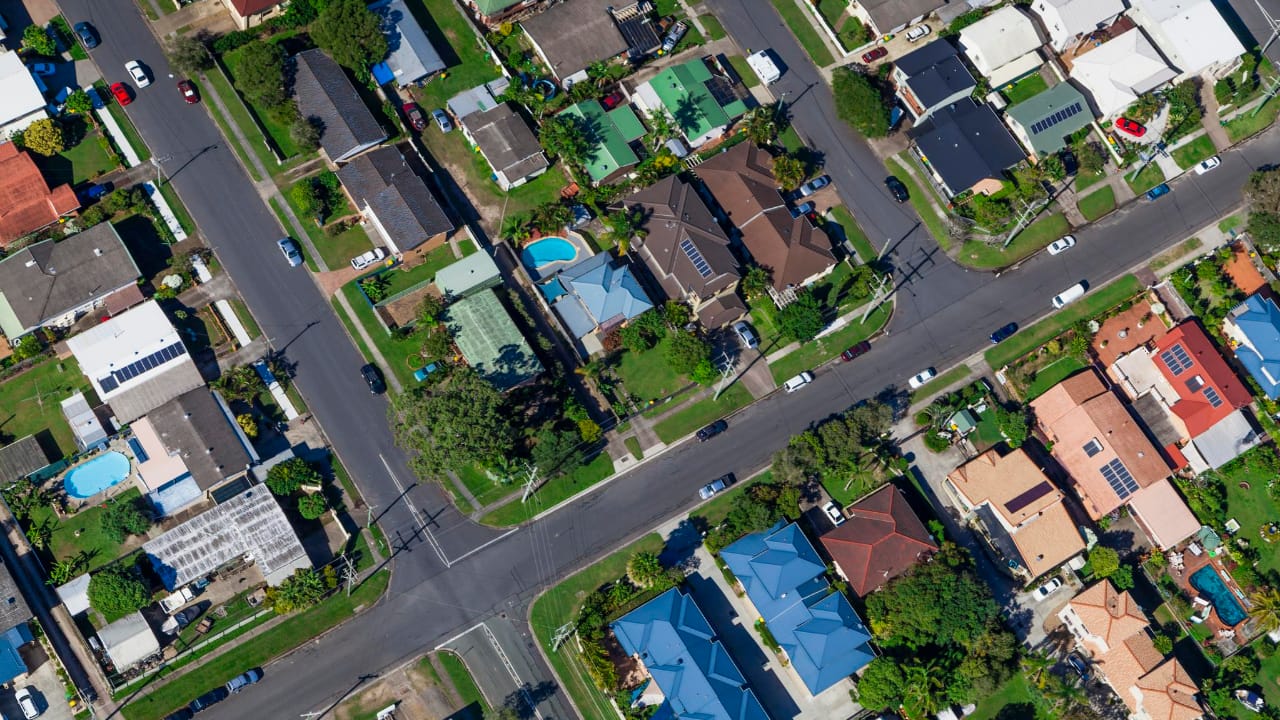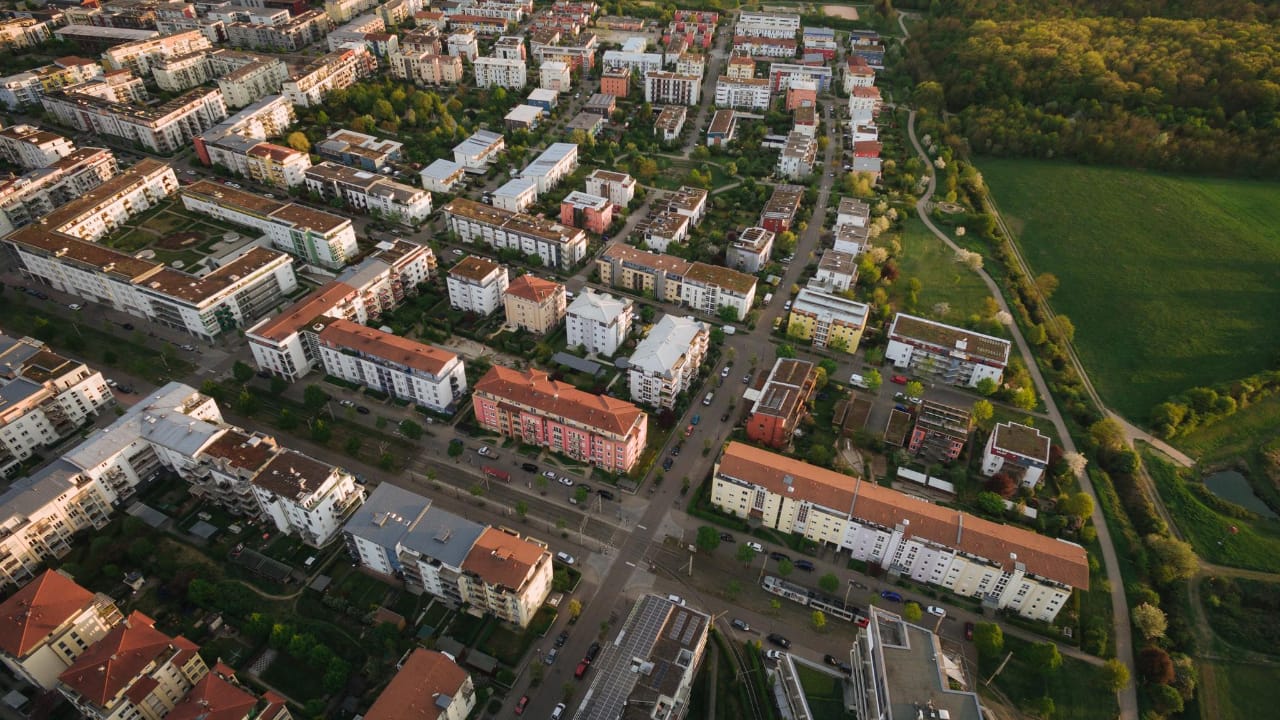Can you write off closing costs?
If you are interested in refinancing your mortgage, look for a lender with a lower interest rate. To find the most competitive deal, estimate how long your house will be in use. By doing so, you will be able to avoid unnecessary fees and receive a higher interest rate. It can lower your monthly payments, which will allow you to save money for vacations or living expenses. For people with a fixed income, this is a great option.
A cash out refinance is a type of refinancing in which the lender pays off your existing mortgage in exchange for an amount you choose. The funds you receive can be used to pay for renovations, pay off high interest debt, or cover other expenses. The value of your house and credit scores will affect the amount that you can borrow.


